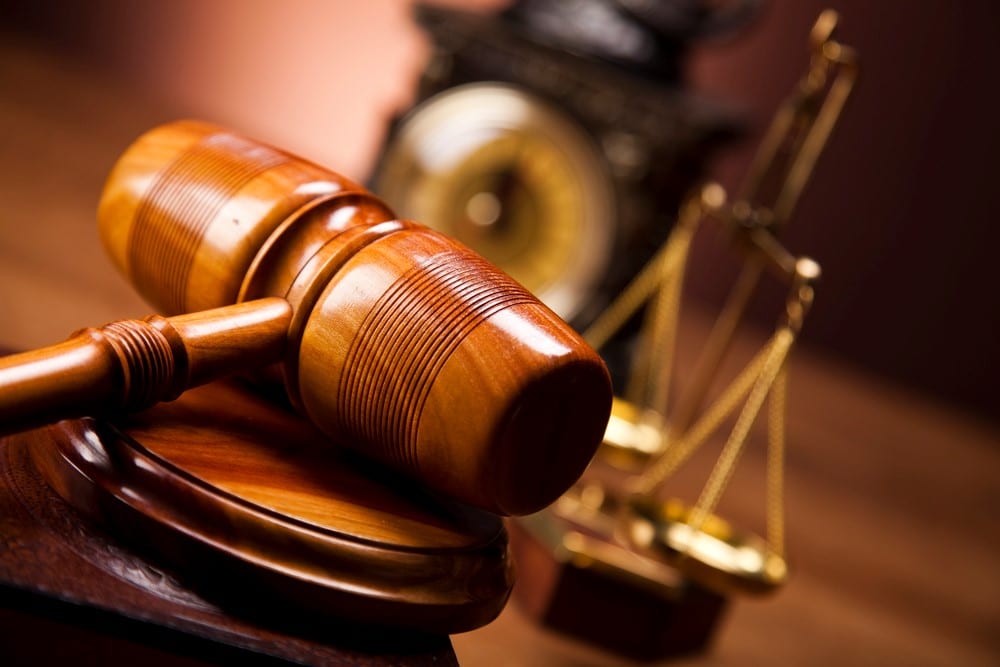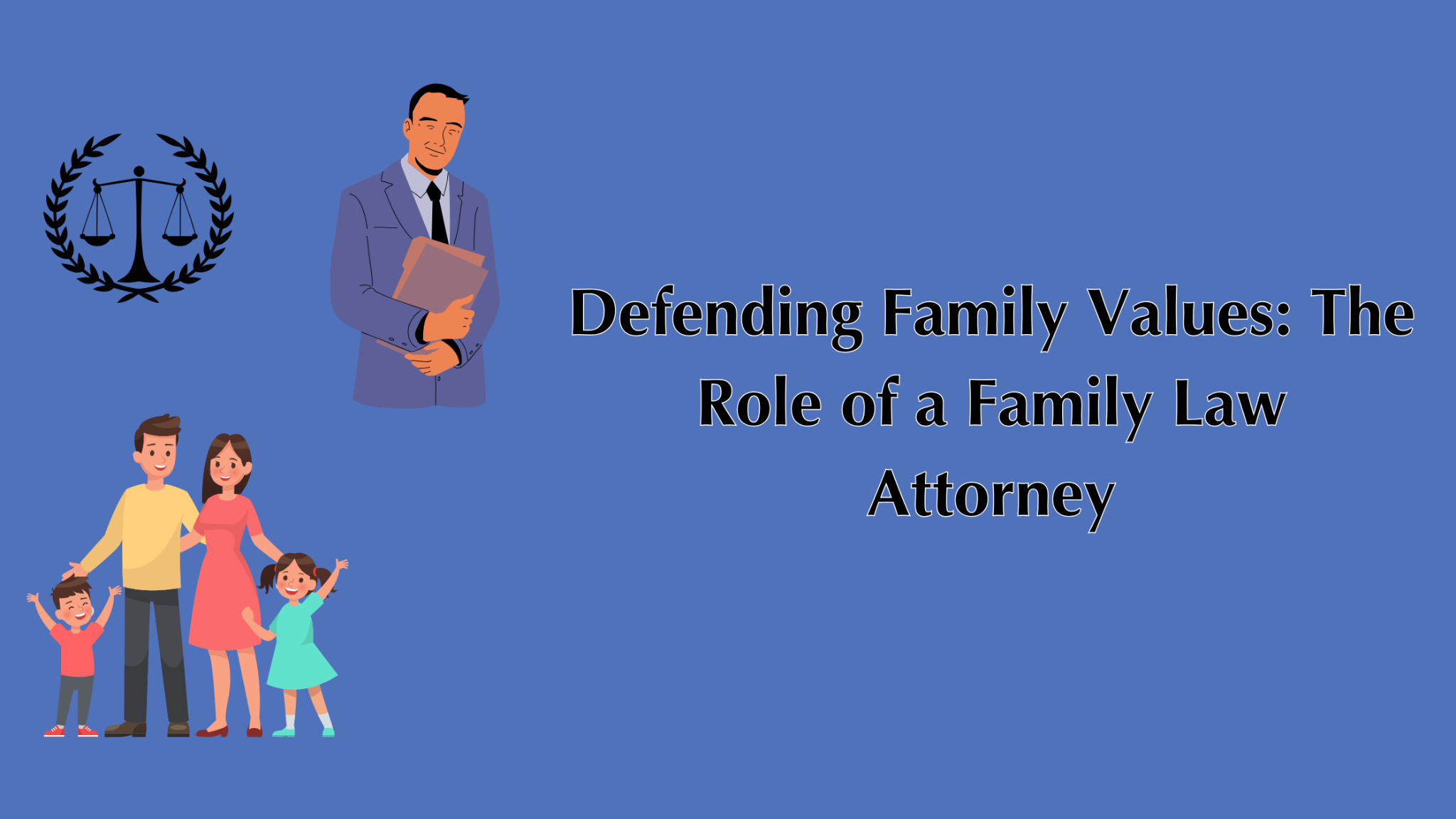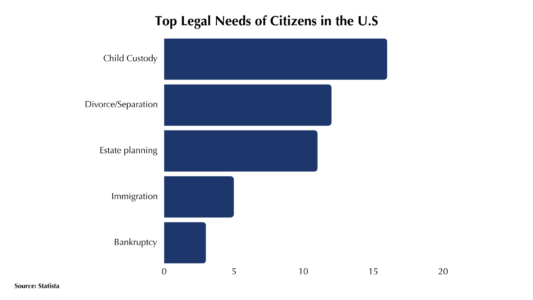Protecting Your Property: Understanding Property Rights and Legal Defenses for Real Estate Owners – Guest Post

Purchasing property is a significant life decision and investment that an individual or family can make. But, it is a complex process which involves numerous legal and financial considerations with property rights at the heart of it all.
For home buyers, understanding property rights is essential as it helps ensure their investment is secure and avoid potential legal disputes.
So, here’s everything that you must know about how property rights work.
What Are Property Rights?
Property rights are the legal ownership and control an individual or entity has over a particular piece of real estate. They include the ability to use, enjoy, transfer, and exclude other individuals from the property.
Some laws protect property rights to ensure that real estate owners can exercise their rights and that disputes can be resolved fairly.
Understanding property rights
Property is protected by laws that are defined clearly and enforced by the state. These particular laws define ownership and any associated benefits that come with owning the property.
‘Property’ is an expansive term, though the legal protection for certain kinds of property varies between jurisdictions. As such, the property is commonly owned by individuals or a small group of individuals.
The rights to the ownership of property can be extended by using patents and copyrights to protect;
- Scarce physical resources like houses, cars, books and cellphones.
- Non-human creatures such as dogs, cats, horses or birds.
- Intellectual property like inventions, ideas or words.
Property such as communal or government property is legally owned by well-defined groups and they are typically deemed as public property. The ownership of such property is enforced by individuals in positions of political or cultural power.
Property rights give the property owner the ability to do with the property as they wish. It includes holding on to it, turning it into a rental property, or transferring it to another party.
Types Of Property Rights
-
Ownership
The most fundamental property right is ownership. This right grants the owner the exclusive right to possess and control the property.
Buyers obtain ownership rights when purchasing a home, which can either be fee simple or leasehold. Fee simple grants the owner the most comprehensive set of rights.
On the other hand, leasehold ownership gives the right to use and occupy the property for a specific period under a lease agreement.
-
Possession
Possession refers to the physical control and occupation of the property. As such, possession rights are transferred through a sale or lease agreement.
It is important to ensure when buying a home, that the seller has the legal right to transfer possession to the buyer and that there are no encumbrances of claims that will affect possession.
-
Use
Use rights give the owner the right to utilize the property in a manner consistent with the local zoning laws and any other restrictions or regulations. Home buyers must understand the permissible uses of the property, especially if they have plans or intentions for the property, like making renovations or running a home-based business.
-
Enjoyment
Enjoyment rights include the ability to derive benefits and profits from the property. It includes the right to collect rent from tenants, receive income from businesses operating on the property, or enjoy any other financial benefit associated with the property.
-
Transfer
Transfer rights give the owner the right to sell, gift, or transfer the property to another party. When buying a home, the buyer must ensure that the seller has the legal authority to transfer the property, including that the transfer is properly documented and registered.
-
Exclusion
Exclusion rights allow the owner to restrict other individuals from accessing or using the property without permission. They are crucial in maintaining privacy and security.
Homebuyers need to be aware of any easements, restrictions, or encroachments that might limit their exclusion rights or affect their use and enjoyment of the property.
Due Diligence And Professional Assistance
Understanding property rights requires thorough due diligence and professional assistance. Here are some key steps for homebuyers;
-
Property title search
You must conduct a title search to verify the ownership status of the property and any existing encumbrances or liens on the property. Doing this will help identify any potential issues that may affect the property rights.
-
Surveys and inspections
Find surveys and inspections to ensure that the property boundaries are accurate and there are no physical encroachments or other issues that will have an impact on your property rights.
-
Legal Counsel
Use the services of a qualified real estate attorney who will review contracts, explain property rights and guide you through the legal aspects of the home-buying process.
-
Real estate agent
You should work with a real estate agent who can provide valuable insights, assist you navigate the market and negotiate on your behalf.
Acquiring Rights To A Property
Individuals who are on a private property rights regime can acquire and transfer in mutually agreed-upon transfer, or else through homesteading. Mutual transfers may include rent, sales, voluntary sharing, inheritances, gambling and charity.
Homesteading, however, is a unique case in that an individual may acquire a previously unowned resource by mixing their labor with the resource over some time. Plowing a field, carving a stone and domesticating a wild animal are examples of homesteading.
Where property rights do not exist, the use of resources and ownership are allocated by force, normally by the government. It means that these resources are located by political ends rather than economic ones.
How To Avoid Complex Property Ownership Disputes
-
Get title insurance
Title insurance offers vital protection against any unforeseen defects or claims to the property’s title. As a homebuyer, you must obtain a title insurance policy to safeguard your investment and protect yourself from any potential financial losses that may result from undiscovered title issues.
-
Review HOA documents carefully
If your property is part of a homeowners’ association (HOA), you must carefully review the HOA’s covenants, conditions and restrictions (CC&R). You must ensure you understand the rules and regulations that are imposed by the HOA, including whether they align with your lifestyle and property use preferences.
-
Understand easements and rights of way
Make sure you fully understand the implications of easements or rights of way, if they are any. But, it is always best to consult with a professional surveyor to identify the location and extent of any easements on the property.
-
Be aware of zoning regulations
To ensure that your intended use of the property complies with the area’s zoning laws, you need to familiarize yourself with the zoning regulations. Additionally, you must first verify if any renovations, additions or changes to the property are allowed within the zoning regulations, before going ahead with your plans.
-
Communicate clearly with neighbors
Cultivate a good relationship with your neighbors and also communicate openly about any property boundaries or shared access areas. Disputes can arise from misunderstandings about property lines, so you must clarify any concerns early on.
-
Keep accurate documentation
You must maintain detailed records of all property-related documents, contracts and agreements. It includes the purchase contract, inspection reports, title documents, and any communication with real estate agents or attorneys. If any disputes arise in the future, having organized records can be invaluable.
-
Seek professional guidance
You must consult with professionals who specialize in real estate law, property surveys and home inspections throughout the home-buying process. The expertise they possess will assist you in navigating potential pitfalls while ensuring your rights as a homeowner are protected.
-
Educate yourself on property laws
Most importantly, you must take the time to educate yourself on local property laws. Understanding your rights and responsibilities as a property owner can help in avoiding unintentional violations or disputes.
-
Prioritize communication and mediation
When you encounter any issues with your neighbors or other stakeholders, prioritize open communication and any mediation over adversarial approaches. Addressing concerns and concerns from the onset can prevent disputes from escalating into more complex and costly legal battles.
Conclusion
A comprehensive understanding of property rights and legal defenses is crucial for home buyers to protect their investment and ensure a smooth and secure home-buying process.
So, which rights are you familiar with and what measures have you implemented to protect your property rights? Let us know in the comments.













